Every movie I make, that's my hideout, the place I don't quite understand but feel most at home
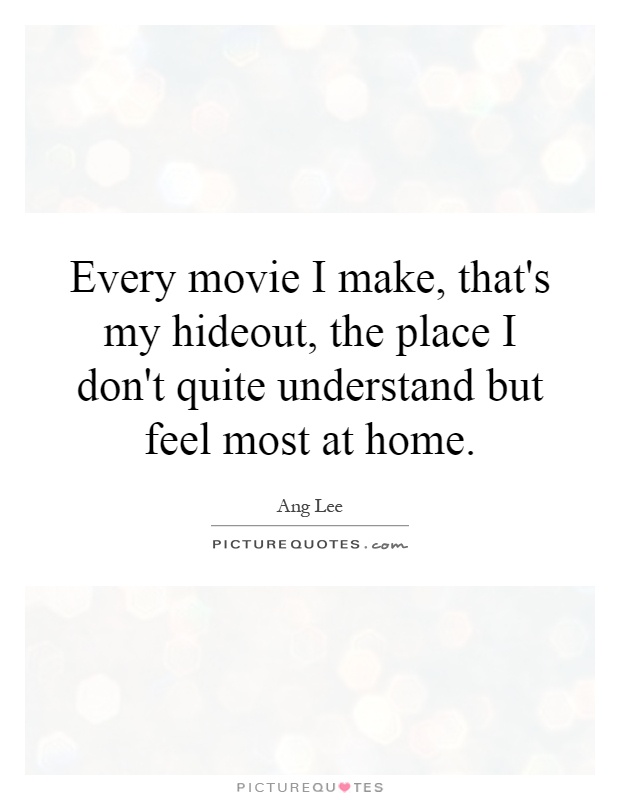
Every movie I make, that's my hideout, the place I don't quite understand but feel most at home
Ang Lee, the acclaimed Taiwanese filmmaker, has a unique perspective on the process of creating movies. He once said, “Every movie I make, that's my hideout, the place I don't quite understand but feel most at home.” This statement perfectly encapsulates Lee’s approach to filmmaking and his deep connection to the art form.Throughout his career, Ang Lee has consistently pushed boundaries and challenged conventions in the world of cinema. From his early Taiwanese films like "Pushing Hands" and "The Wedding Banquet" to his Hollywood blockbusters like "Crouching Tiger, Hidden Dragon" and "Life of Pi," Lee has always been drawn to stories that explore complex themes and emotions. His ability to seamlessly blend different genres and styles has earned him critical acclaim and numerous awards, including multiple Oscars.
For Ang Lee, making movies is not just a job, but a way of life. He sees each film as a unique opportunity to explore new ideas, experiment with different techniques, and connect with audiences on a deeper level. In the process of creating a movie, Lee immerses himself in a world of his own making, where he can explore his own fears, desires, and uncertainties.
Despite his success and recognition in the film industry, Ang Lee remains humble and introspective about his work. He acknowledges that filmmaking is a complex and often mysterious process, and that he doesn’t always have all the answers. However, it is precisely this sense of uncertainty and vulnerability that drives him to keep pushing himself and exploring new creative possibilities.
In many ways, Ang Lee’s statement about filmmaking being his “hideout” reflects his desire to escape from the pressures and expectations of the outside world and retreat into a space where he can fully express himself and explore his own innermost thoughts and feelings. It is in this creative sanctuary that Lee feels most at home, where he can truly be himself and create art that is both personal and universal.
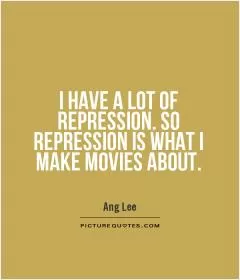
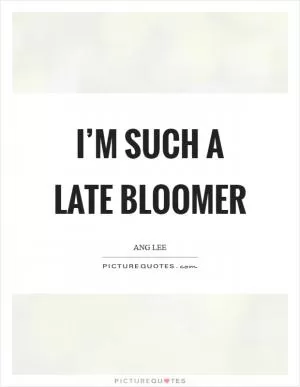
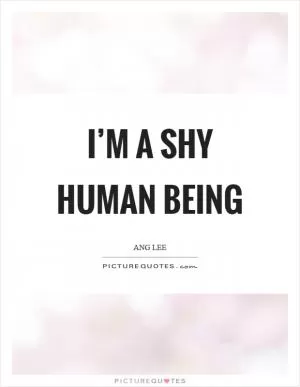
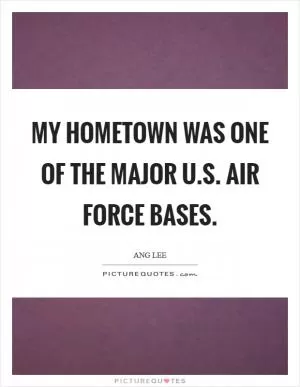
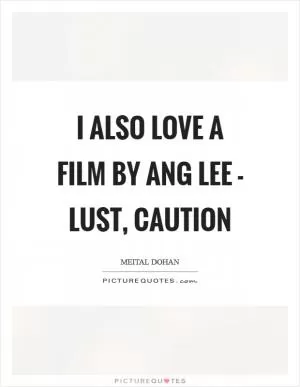
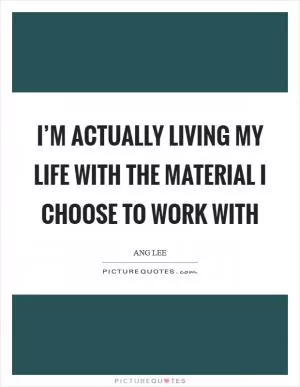
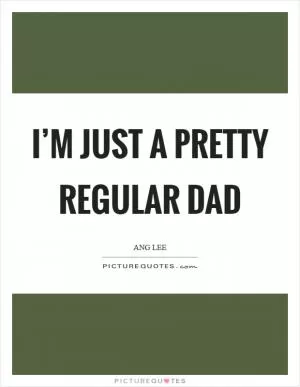

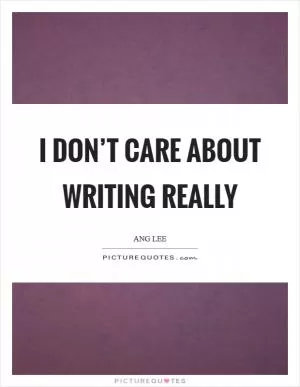
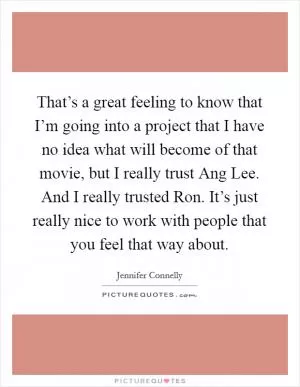
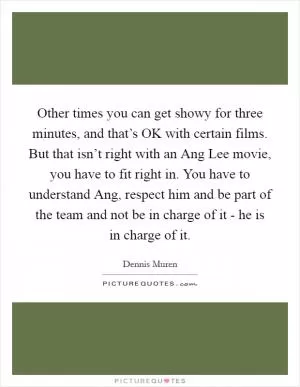
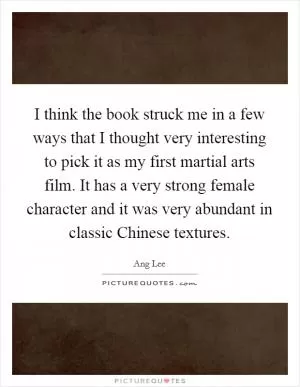
 Friendship Quotes
Friendship Quotes Love Quotes
Love Quotes Life Quotes
Life Quotes Funny Quotes
Funny Quotes Motivational Quotes
Motivational Quotes Inspirational Quotes
Inspirational Quotes